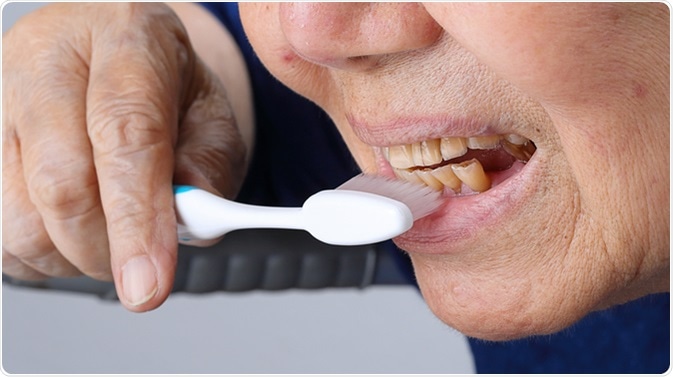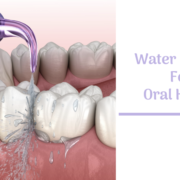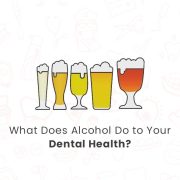Brushing our teeth is a vital part of our daily routine, and we all know how important it is to maintain good oral hygiene. But what happens when we overdo it? Can overbrushing really weaken our gums? The truth about brushing is that while it is essential to keep our teeth and gums healthy, overbrushing can have negative effects on our oral health. It is easy to get carried away with scrubbing too hard, using a hard-bristled toothbrush or brushing too frequently, but these actions can lead to gum recession, sensitivity, and even tooth loss. In this article, we will take a closer look at the effects of overbrushing and provide you with some tips on how to maintain a healthy brushing routine without causing harm to your gums. So, let’s dive in and uncover the truth about brushing!
Understanding Over brushing and Its Effects on Gums
Overbrushing is a common problem that occurs when we brush our teeth too frequently or too hard. It can cause damage to the gums, leading to sensitivity, recession, and even tooth loss. When we brush too hard, we can wear away the enamel on our teeth and irritate the gums, which can cause them to recede. Receding gums expose the root of the tooth, which can lead to sensitivity and even decay.
Overbrushing can also lead to gum inflammation, which can cause the gums to become red, swollen, and bleed. If left untreated, gum inflammation can lead to periodontitis, a severe form of gum disease that can cause tooth loss.
Signs That You May Be Over brushing
Gum bleeding: If your gums bleed when you brush your teeth, it may be a sign that you’re brushing too hard.
Tooth sensitivity: If you experience pain or discomfort when eating or drinking hot, cold, or sweet foods, it may be a sign that you’re overbrushing.
Worn tooth enamel: Over time, overbrushing can wear away the tooth enamel, making your teeth appear yellow or translucent.
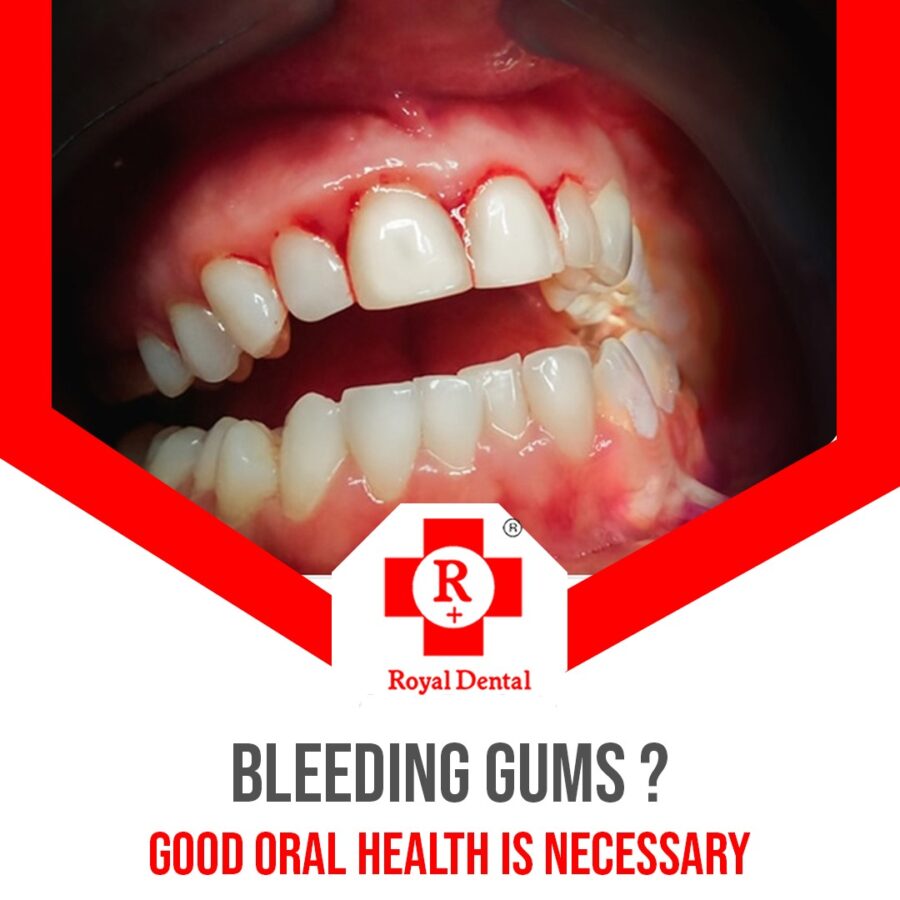

Gum recession: If you notice that your gums are pulling away from your teeth, it may be a sign of overbrushing. It can cause tooth sensitivity and make your teeth appear longer.
Gum inflammation: If your gums appear red, swollen, or tender, it may be a sign that you’re overbrushing.
Brushing for too long: If you brush your teeth for longer than two minutes, you may be overbrushing.
Using a hard-bristled toothbrush: If you use a toothbrush with hard bristles, it may be too abrasive for your teeth and gums.
The Importance of Using a Soft-Bristled Toothbrush
Using a soft-bristled toothbrush is crucial to maintaining good oral health and preventing overbrushing. Soft-bristled toothbrushes are gentle on the gums and teeth and are less likely to cause damage. Hard-bristled toothbrushes, on the other hand, can be too abrasive and can cause damage to the enamel and gums. When choosing a toothbrush, look for one with soft bristles and a small head. A small head can reach all areas of the mouth, including the back teeth, and can make it easier to brush gently.
- Prevents damage to gum tissue: Hard bristles can be too abrasive and cause damage to the gums, including gum recession, which can lead to sensitivity, pain, and other dental problems.
- Reduces risk of gum disease: Gum disease is caused by bacteria that can build up on teeth and gums. Brushing with a soft-bristled toothbrush can help remove this bacteria without damaging the gums.
- Better for sensitive teeth: People with sensitive teeth or gums may find that using a soft-bristled toothbrush is more comfortable and less likely to cause pain or discomfort.
- Improves overall oral hygiene: Brushing with a soft-bristled toothbrush is an important part of a daily oral hygiene routine, helping to remove food particles, plaque, and bacteria from teeth and gums, reducing the risk of cavities, gum disease, and other dental problems.
Proper Brushing Technique to Avoid Overbrushing
Choose a soft-bristled toothbrush: Using a soft-bristled toothbrush will help prevent damage to your teeth and gums.
Hold the toothbrush at a 45-degree angle: Hold the toothbrush at a 45-degree angle to your teeth, pointing the bristles towards your gum line.
Use gentle circular motions: Using gentle circular motions, brush the outside and inside surfaces of your teeth, as well as the chewing surfaces.
Brush for two minutes: Brush for two minutes twice a day, making sure to spend an equal amount of time on each quadrant of your mouth.
To avoid over brushing, it’s important to use a proper brushing technique that is gentle on your teeth and gums.
Don’t forget to brush your tongue: Brushing your tongue can help remove bacteria and freshen your breath.
Don’t apply too much pressure: Applying too much pressure while brushing can cause damage to your teeth and gums. Use a light touch and let the bristles do the work.
Use a timer: To make sure you’re brushing for the recommended two minutes, use a timer or an electric toothbrush with a built-in timer.
Frequency of Brushing and Its Impact on Gum Health
Brushing your teeth regularly is important for maintaining good oral health, but the frequency of brushing can also have an impact on your gum health. The American Dental Association recommends brushing your teeth twice a day for two minutes each time, once in the morning and once before bed. Brushing too frequently or not enough can have negative effects on your gums.
Brushing too frequently, such as after every meal, can be harmful to your gums because it can cause irritation and inflammation. It’s also important to give your mouth time to produce saliva, which helps neutralize the acids in your mouth and remineralize your teeth.
On the other hand, not brushing enough can lead to a buildup of plaque and bacteria on your teeth and gums, which can cause gum disease and other dental problems. In addition to brushing, it’s important to floss at least once a day to remove plaque and food particles from between your teeth and along the gum line. Regular dental checkups and cleanings are also important for maintaining good gum health.
Other Factors That Can Weaken Gums
Gum disease: Gum disease is a bacterial infection that can cause inflammation and damage to the gums. It can lead to periodontitis, a severe form of gum disease that can cause tooth loss.
Genetics: Some people may be more prone to gum disease and recession due to their genetics.
Hormones: Hormonal changes can affect the gums and make them more susceptible to damage.
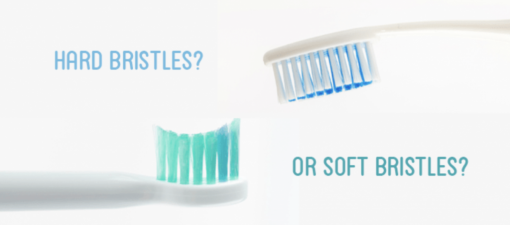
Grinding or clenching: Grinding or clenching your teeth can put pressure on the gums and cause them to recede.
Tobacco use: Smoking or using tobacco products can increase the risk of gum disease and recession.
Tips to Maintain Healthy Gums While Brushing
Maintaining healthy gums while brushing is essential to preventing overbrushing and maintaining good oral health. Here are some tips to help you maintain healthy gums while brushing:
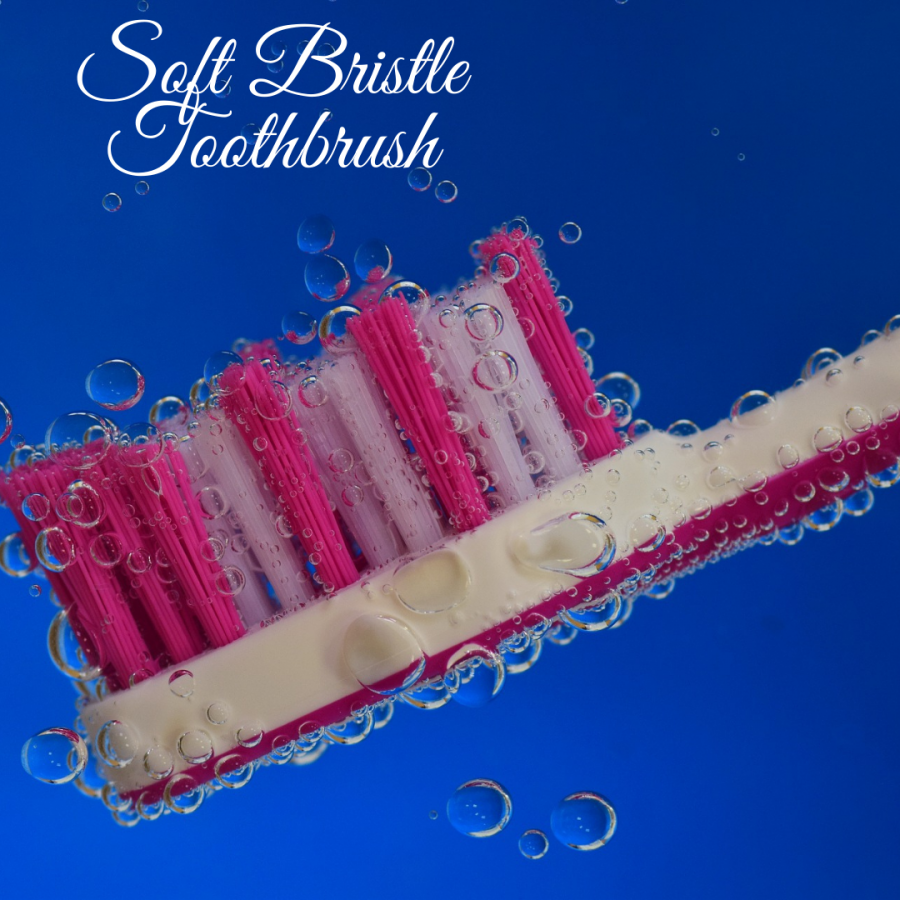
Use a soft-bristled toothbrush and brush gently in a circular motion.
Brush your teeth twice a day for two minutes each time.
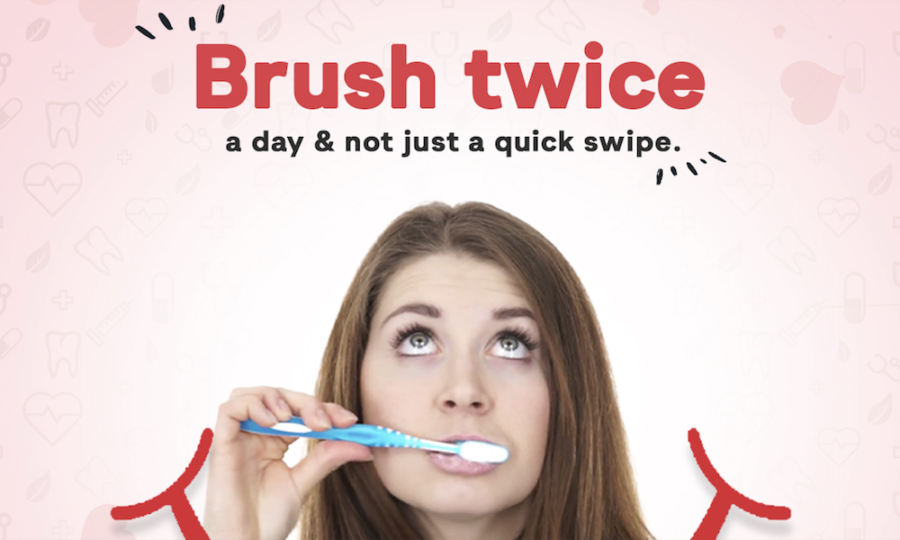
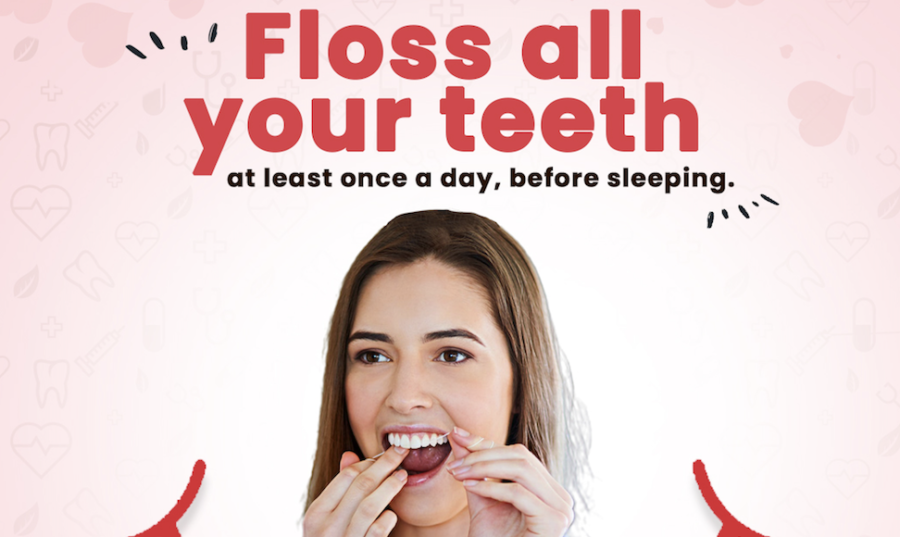
Floss daily to remove plaque and food particles from between your teeth.
Use an antiseptic mouthwash to kill bacteria and freshen your breath.
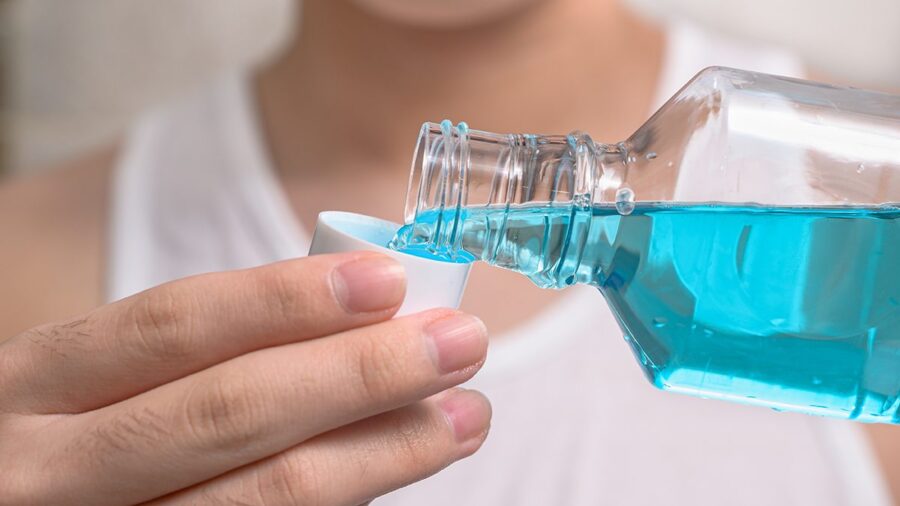

Visit your dentist regularly for checkups and cleanings and oral health.
Remedies for Gum Recession and Sensitivity Caused by Overbrushing
If you have experienced gum recession or sensitivity due to overbrushing, some remedies can help. Here are some remedies to consider:
- Desensitizing toothpaste: Desensitizing toothpaste can help reduce sensitivity and relieve discomfort.
- Gum grafting: Gum grafting is a surgical procedure that involves taking tissue from another part of the mouth and grafting it onto the gums to cover exposed roots.
- Scaling and root planning: Scaling and root planning is a deep cleaning procedure that removes plaque and tartar from below the gum line.
Conclusion
In conclusion, brushing your teeth is essential to maintaining good oral health, but overbrushing can have negative effects on your gums. It is crucial to use a soft-bristled toothbrush and brush gently in a circular motion to prevent gum recession and sensitivity. Brush your teeth twice a day for two minutes each time, and visit your dentist regularly for checkups and cleanings. By balancing proper brushing technique and frequency, you can maintain healthy gums and prevent overbrushing.

